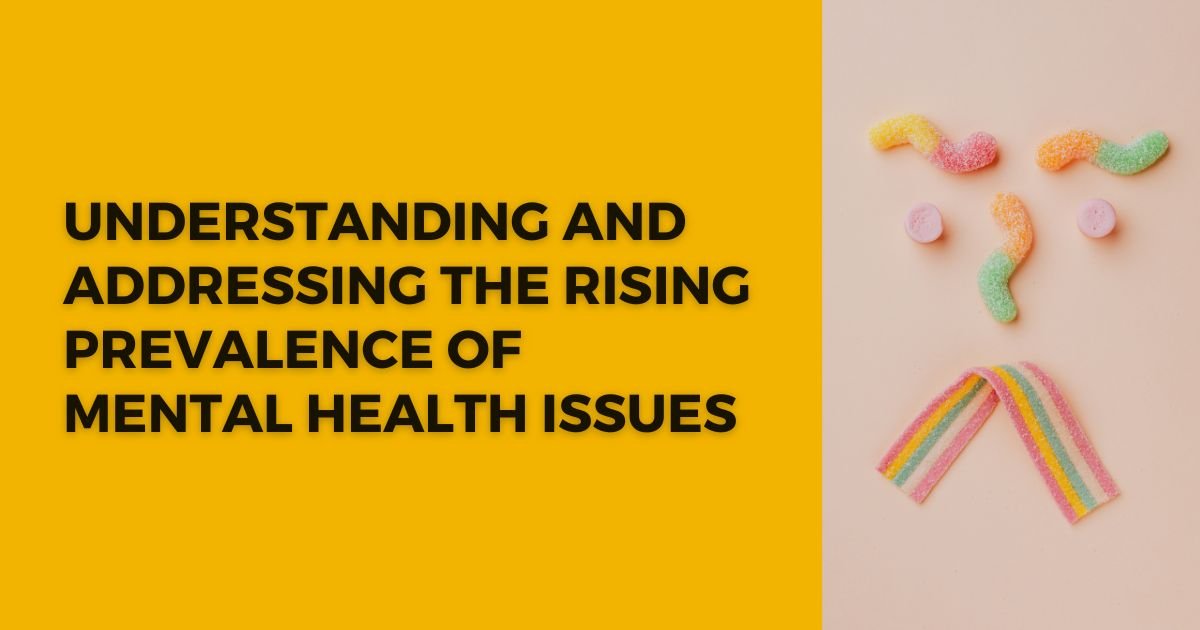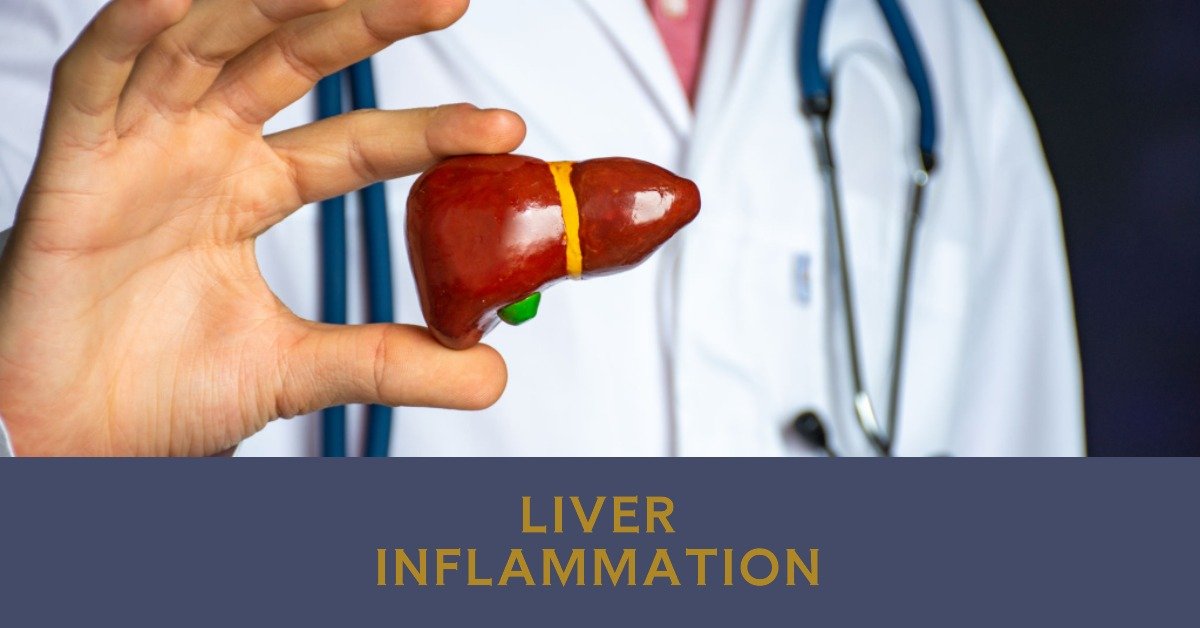Inflammation in the liver, also known as hepatitis, is a condition that affects millions of people worldwide. It is essential to have a comprehensive understanding of liver inflammation, its causes, symptoms, and treatment options. In this article, we will delve into this topic, shedding light on key aspects and addressing commonly asked questions to help you maintain a healthy liver.
Table of Contents
What is Liver Inflammation?
The liver, our body’s largest internal organ, plays a crucial role in detoxification, metabolism, and nutrient storage. When the liver becomes inflamed, it hampers its ability to function optimally. Liver inflammation can be caused by various factors, including viral infections (such as hepatitis A, B, and C), excessive alcohol consumption, autoimmune disorders, and fatty liver disease.
Signs and Symptoms
Liver inflammation may manifest differently in each individual. Some common signs and symptoms include fatigue, jaundice (yellowing of the skin and eyes), abdominal discomfort, loss of appetite, nausea, dark urine, and unexplained weight loss. However, it’s important to note that not everyone experiences these symptoms, and some individuals may not have any noticeable signs of liver inflammation.
Diagnosis
If you suspect liver inflammation, it is crucial to consult a healthcare professional. They will evaluate your medical history, conduct a physical examination, and order specific tests. Blood tests, such as liver function tests and viral hepatitis screening, can help assess the liver’s health and determine the underlying cause of inflammation. In some cases, imaging studies or a liver biopsy may be required to obtain more detailed information.
Treatment and Management
The approach to treating liver inflammation depends on its underlying cause. While it’s important to consult with a healthcare professional for personalized advice, here are some common remedies and management strategies:
- Medications: Antiviral medications may be prescribed for viral hepatitis to reduce viral replication and control inflammation. Immune-suppressing drugs can be used to manage autoimmune hepatitis.
- Lifestyle modifications: If liver inflammation is due to factors like excessive alcohol consumption or fatty liver disease, lifestyle changes play a significant role in management. It is important to follow a balanced diet that includes fruits, vegetables, whole grains, lean proteins, and healthy fats. Avoid or limit consumption of processed foods, saturated fats, and sugary beverages. Regular exercise can help maintain a healthy weight and improve liver function. Quitting or reducing alcohol intake is essential for individuals with alcohol-related liver inflammation.
- Herbal remedies: Some herbal supplements, such as milk thistle, may have potential benefits in supporting liver health. However, it is important to discuss their use with a healthcare professional, as they can interact with medications or have adverse effects in certain situations.
- Stress management: Chronic stress can contribute to liver inflammation. Engaging in stress-reducing activities such as meditation, yoga, deep breathing exercises, or engaging in hobbies can support overall liver health.
- Avoid hepatotoxic substances: Certain substances, such as drugs or chemicals, can harm the liver. It’s crucial to avoid or minimize exposure to these substances and follow safety guidelines when working with potentially toxic chemicals.
Prevention Tips
Prevention is always better than cure when it comes to liver inflammation. Here are some tips to maintain a healthy liver:
- Practice safe hygiene: Wash your hands regularly, particularly before meals, to reduce the risk of viral infections.
- Vaccinations: Ensure you are up to date with vaccinations for hepatitis A and B to protect yourself from these viral infections.
- Drink alcohol responsibly: Excessive alcohol consumption can lead to liver inflammation and damage. It’s advisable to moderate your alcohol intake or avoid it altogether.
- Maintain a healthy weight: Obesity and excess abdominal fat increase the risk of fatty liver disease, which can lead to liver inflammation. Aim for a balanced diet and engage in regular physical activity to maintain a healthy weight.
- Avoid risky behaviors: Engaging in unprotected sex or using illicit drugs can increase the risk of contracting viral hepatitis.
Conclusion
Liver inflammation is a serious condition that requires attention and care. By understanding the causes, symptoms, and treatment options, you can take proactive steps to protect and maintain a healthy liver. Regular check-ups, a healthy lifestyle, and practicing preventive measures can go a long way in preserving your liver’s well-being. Remember, your liver plays a vital role in your overall health, so take care of it, and it will take care of you.
FAQs
-
Can liver inflammation be reversed?
In many cases, liver inflammation can be reversed if diagnosed and treated early. However, the extent of reversibility depends on the underlying cause and the duration of inflammation. Timely medical intervention and lifestyle modifications can significantly improve liver health.
-
Can liver inflammation lead to liver cancer?
Prolonged inflammation in the liver can increase the risk of developing liver cancer. It is essential to address liver inflammation promptly to minimize the potential long-term complications.
-
Can I take over-the-counter medications for liver inflammation?
It is not recommended to self-medicate for liver inflammation. Consult a healthcare professional to receive appropriate treatment tailored to your condition and its underlying cause.
To delve deeper into the fascinating world of liver health, explore our website and discover more insightful articles on a variety of topics. Stay informed, stay empowered, and continue your journey towards a healthier life. To read more such articles, click here.
Together, let’s ensure a vibrant and resilient liver for a brighter and healthier future.














Leave a Reply
View Comments